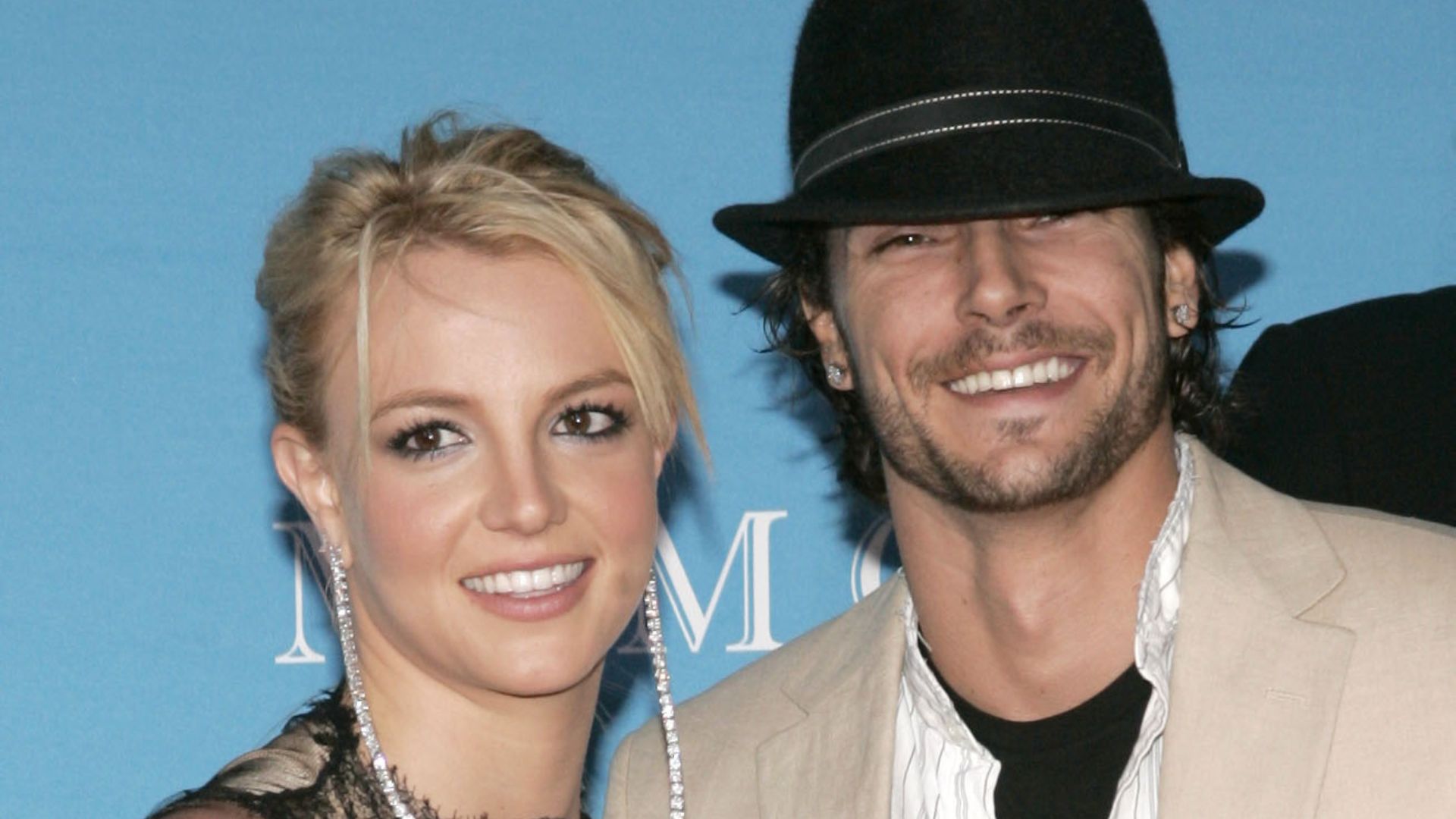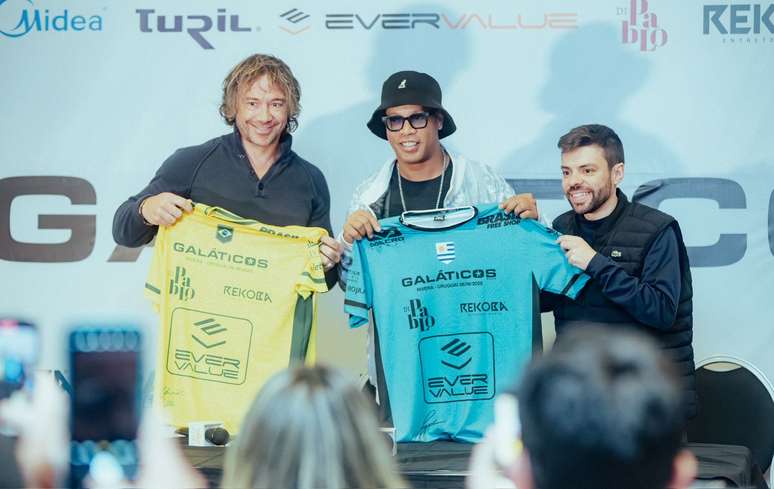Events such as Carnival, São Silvestre, Lollapalooza and Réveillon have environmental actions to reduce environmental impact, carry out social actions and encourage recycling
The environmental impact of large events is difficult to calculate: it involves everything from defining the location and moving the participants and the public, to setting up the stages and other necessary structures. By the same token, numerous actions are possible to mitigate the effects and taken by organizations and sponsors to drive the agenda ESG (environmental, social and corporate governance) to events like Carnival, New Year’s Eve, Lollapalooza and the run of new Year’s Eve.
Among the actions, some provide for the purchase of sustainability credits, or the guarantee that a natural area is preserved. Others are made by focusing on the waste sorting of worn objects and the collectors who collect them. Finally, there are still those who try to bring environmental education to the present public.
According to Sivieri, the company is planning to carry out more actions, such as cleaning the beaches, and all branch offices throughout Brazil have collection points. In addition to encouraging the ESG agenda, Braskem also benefits from using recycled plastic as a raw material for some of its products. “In this way we guarantee the quality of the supply,” says Sivieri. In Lollapalooza, the action was present for the second consecutive year and saw an increase in the amount collected, from 130,000 pieces in 2022 to 352,000 in 2023.
Social
If plastic has been at the center of some events, other materials can also be reused, such as glass and aluminum. The latter, in particular, already enjoys a lot of attention due to the sums paid to collectors, which have become the subject of an action by the Institute of HEINEKEN group during the São Paulo Carnival, in collaboration with the NGOs Cataki and Pimp My Carroça.
According to Heineken, the goal was to have a more human perspective in this work. “Collectors are not a new audience for us, we help more than 200 cooperatives, but we had no eye for the individual,” says Ornella Guzzo Villardo, director of sustainability at Heineken Brasil. “We try to work on the circularity of packaging rather than from an environmental perspective”.
The project rewarded the collectors with a fixed daily rate of R$ 160, in addition to the income from the collected materials. The 150 workers were also provided with PPE, food and places near the blocks where they could have lunch and go to the bathroom. “We provided training and support with water, food, gloves, handles so they don’t have to squat all the time,” Villardo says.
A T-shirt was also given, which helped in identification and facilitated the work of the collectors, as people went to them to discard the materials. CataFolia was a 4 block street carnival in São Paulo, sponsored by Amstel, which belongs to the Heineken group. A total of 2.6 tons of recyclable material was collected, including cans, pet and glass bottles, raincoats, plastic cups and other materials.
Source: Terra
Earl Johnson is a music writer at Gossipify, known for his in-depth analysis and unique perspective on the industry. A graduate of USC with a degree in Music, he brings years of experience and passion to his writing. He covers the latest releases and trends, always on the lookout for the next big thing in music.









